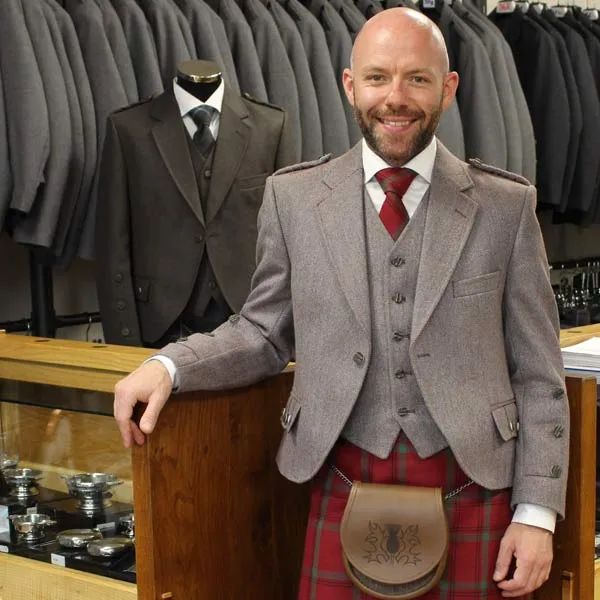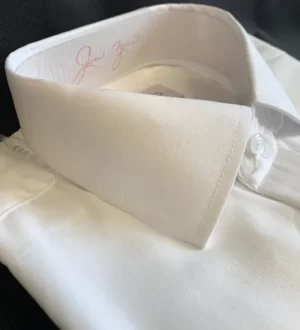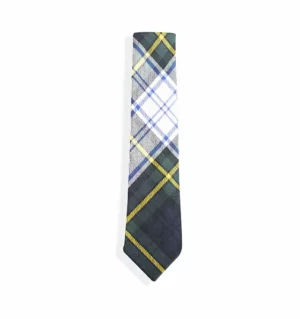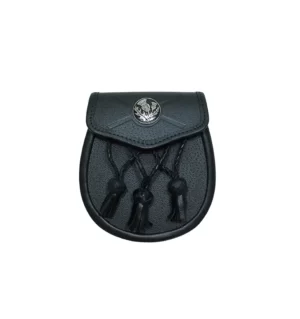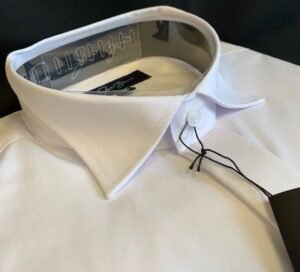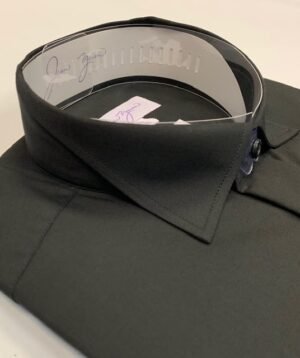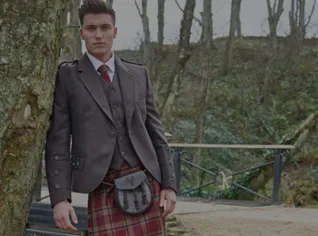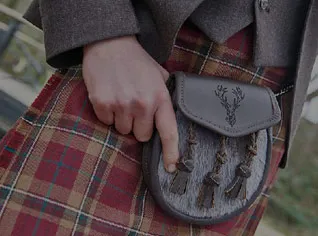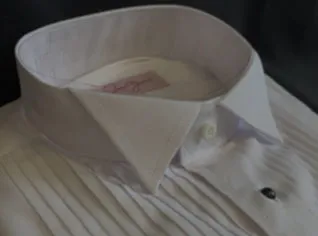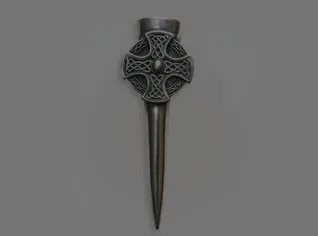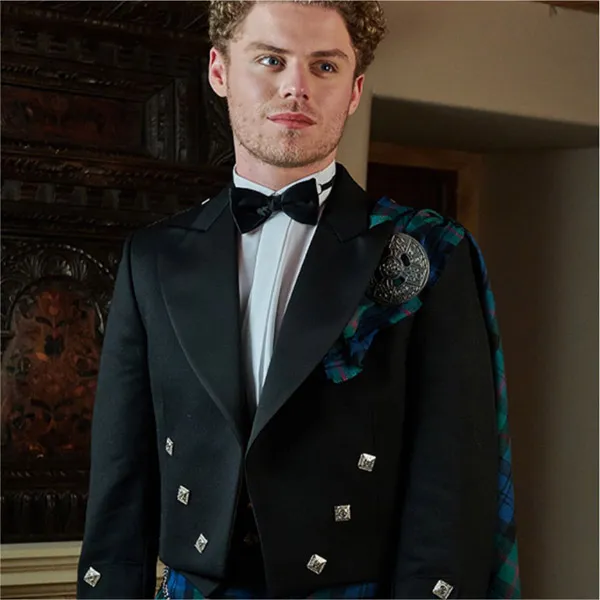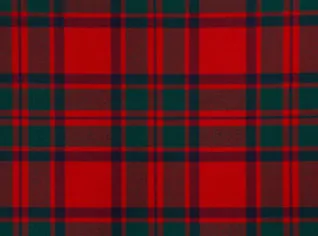Welcome to Fife’s Premier Kilt Maker and Menswear Company

How can we help?
Our Knowledgeable and friendly staff are dedicated to delivering the very best customer service.
We offer a Bespoke measuring and fitting service for Weddings, Corporate Functions, Graduations and School Prom’s.
We work along side our clients helping them to choose the perfect outfit for their occasion. With Weddings being our specialty we understand how important this is for the Bride and Groom
All Kilts are traditionally handmade by our own time served Kilt Maker. We will help you choose the right tartan for your Kilt Outfit along with all the accessories to make your outfit a pleasure to wear time and time again.
Based in Glenrothes, Fife, we have over 18 years of experience in Kilt hire, Kilt Outfits to Buy, Accessories, and cultural gifts.
Formal Dress Shirts
Formal Dress Shirts
KILT ACCESSORIES
KILT ACCESSORIES
Shirts/Ties
Shirts/Ties
HIGHLANDWEAR AND KILT ACCESSORIES
We take pride in offering a wide range of kilts and accessories that capture the essence of traditional Scottish style.
When it comes to Highlandwear, accessorising is where the fun begins. Adding those special touches is a fantastic way to express your personality and create a unique look. That’s why we offer a wide selection of accessories, including sporrans, belts, brooches, and sgian dubhs.
Whether you’re attending a traditional Scottish wedding, joining in the festivities at a Highland games event, or want an everyday ensemble, our diverse range of kilts and attire ensures that you’ll find the ideal outfit to make a stylish statement.
Feel free to browse through our collection and let us help you embrace freedom of Highlandwear or use our Tartan Finder to search for your clan pattern.
FREQUENTLY ASKED QUESTIONS
There are many different types of kilts, each with its own unique history and tradition. Some of the most common types of kilts include:
# Highland kilt:
This is the most traditional type of kilt. It is made of wool and is typically worn with a sporran, a sgian-dubh, and a kilt pin.
#Modern kilt:
This type of kilt is made of a variety of materials, including wool, cotton, and polyester. It is typically less formal than a Highland kilt and can be worn with a variety of accessories.
# Utility kilt:
This type of kilt is designed for work or outdoor activities. It is typically made of a durable material, such as canvas or denim.
There are no hard and fast rules when it comes to what to wear with a kilt. The most important thing is to choose items that are appropriate for the occasion and that make you feel comfortable and confident.
Some of the most common items include:
# Shirt:
A white, button-down shirt is the traditional choice for a kilt. However, a variety of other shirts can be worn, such as a T-shirt or a polo shirt.
# Jacket:
A jacket is not always necessary, but it can be worn for formal occasions. A Prince Charlie jacket is the traditional choice, but a sports jacket or a blazer can also be worn.
# Sporran:
A sporran is a small pouch that is worn in front of the kilt. It is typically made of leather or fur, and it can be decorated with tassels, chains, or other embellishments.
# Kilt hose:
Kilt hose are knee-high socks that are worn with a kilt. They are typically made of wool, and they can be decorated with patterns or symbols.
# Ghillie brogues:
Ghille brogues are a type of shoe that is worn with a kilt. They are made of leather, and they have a soft sole.
# Sgian-dubh:
A sgian-dubh is a small, sheathed knife that is worn on the ankle. It is traditionally made of wood or bone, and it has a single blade.
# Kilt pin:
A kilt pin is used to hold the kilt in place. It is often made of metal, and it can be decorated with symbols or patterns.
# Flashes:
Flashes are strips of fabric that are worn below the knee. They are often made of the same tartan as the kilt, and they can be decorated with patterns or symbols.
# Hat:
A hat can be worn with a kilt, and some Scottish lodges have their own distinctive hat that members can wear.
# Sporran: The sporran is typically worn in the front of the kilt, just below the waist. It should be centred and should not be too large or too small.
# Kilt pin: The kilt pin is used to hold the kilt in place. It should be placed on the right side of the kilt, just below the waist. The kilt pin should be made of a sturdy material, such as metal or wood.
# Flashes: Flashes are strips of fabric that are worn below the knee, on the outside of the leg. The elastic holding the flashes in place is hidden by folding the long kilt socks down, over the elastic, to create a cuff.
# Ghillie brogues: Ghille brogues are a type of shoe that is worn with a kilt. They should be made of leather and should have a soft sole. Be sure to keep them polished and in good condition.
# Sgian-dubh: Worn as part of traditional Scottish dress, its tucked into the top of the kilt sock with only the upper portion of the hilt visible. The sgian-dubh is normally worn on the same side as the dominant hand.
Accessories should be coordinated with the tartan of the kilt.
# Masonic kilt accessories:
Masonic accessories are typically decorated with Masonic symbols, such as the Square and Compasses or the All-Seeing Eye. These symbols are a way for Freemasons to show their pride in their lodge and their membership in Freemasonry.
# Irish kilt accessories:
Irish accessories are often decorated with Celtic symbols, such as the triple spiral or the shamrock. These symbols are a way for Irish people to show their pride in their heritage and culture.
# Scottish accessories:
Scottish accessories are typically decorated with Scottish symbols, such as the thistle or the Lion Rampant. These symbols are a way for Scottish people to show their sense of identity and appreciation for their ancestral traditions and customs.
In addition to these differences, there are also some general trends in the types of accessories that are popular in each country. For example, in Scotland, it is more common to see them made from traditional materials, such as leather, fur, and metal. In Ireland, it is more common to see them made from more modern materials, such as synthetic fabrics and plastics.
Ultimately, the choice is a personal one. There are no hard and fast rules, and people can choose to wear whatever they like.


